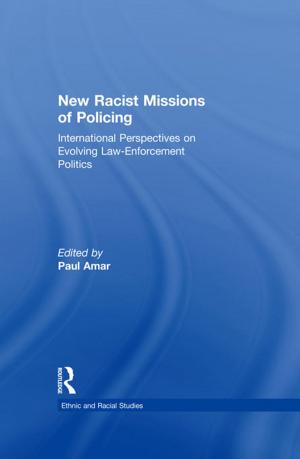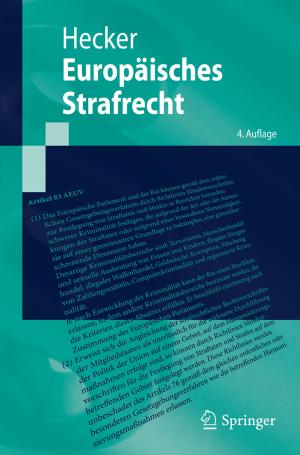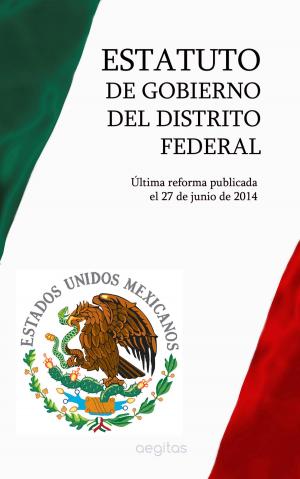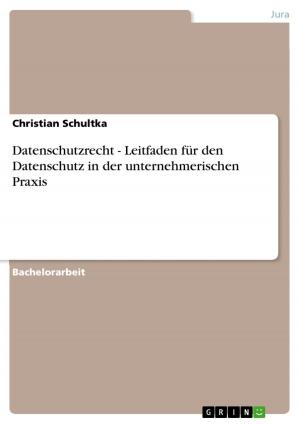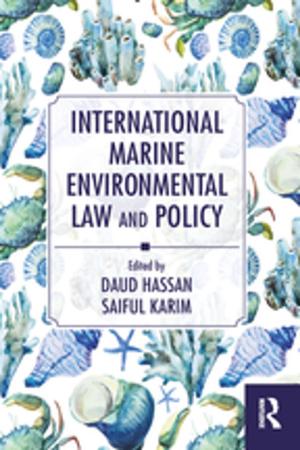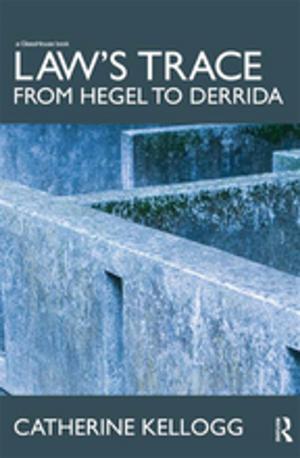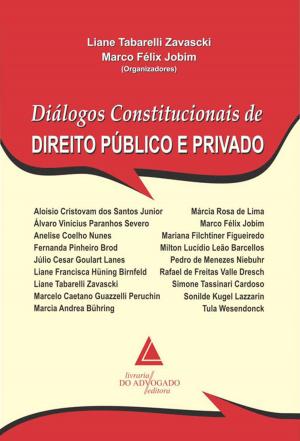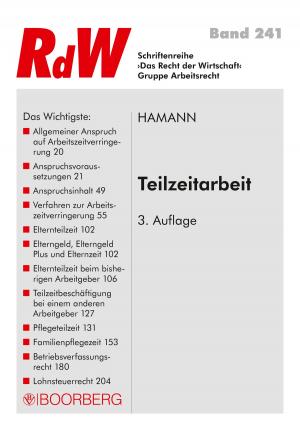Combating the Good Combat: How to fight Terrorism with a Peacekeeping Mission
Nonfiction, Reference & Language, Law| Author: | Rogerio Cietto | ISBN: | 9781301485246 |
| Publisher: | Rogerio Cietto | Publication: | December 7, 2012 |
| Imprint: | Smashwords Edition | Language: | English |
| Author: | Rogerio Cietto |
| ISBN: | 9781301485246 |
| Publisher: | Rogerio Cietto |
| Publication: | December 7, 2012 |
| Imprint: | Smashwords Edition |
| Language: | English |
This work discusses the new challenge that terrorism imposes on the international community in the Twenty First century, the international actors in position to tackle it, the instruments available to counter them, and the methods to implement them. After a brief description of the three generations of peace operations carried on by the United Nations and other international and regional actors, we will expose the legal framework for international relations concerning the use of force, that are, International Humanitarian Law and Human Rights Law. Later, we will explain the threat to international peace and security that constitutes terrorism, its forms, methods and motivations, as well as its relations to peacekeeping. After, we will assume that terrorism should be considered a crime under international law, in order to punish their actors effectively. After a brief presentation of the UN System, and its organs related to peacekeeping and terrorism, we will discuss the efforts made so far to combat terror, especially the gathering of intelligence. In the end, we affirm the need to respect International Humanitarian Law and Human Rights, and also defend State Sovereignty, to fight terrorism in the long term. This research is based on an extensive research relying on an extended bibliography.
This work discusses the new challenge that terrorism imposes on the international community in the Twenty First century, the international actors in position to tackle it, the instruments available to counter them, and the methods to implement them. After a brief description of the three generations of peace operations carried on by the United Nations and other international and regional actors, we will expose the legal framework for international relations concerning the use of force, that are, International Humanitarian Law and Human Rights Law. Later, we will explain the threat to international peace and security that constitutes terrorism, its forms, methods and motivations, as well as its relations to peacekeeping. After, we will assume that terrorism should be considered a crime under international law, in order to punish their actors effectively. After a brief presentation of the UN System, and its organs related to peacekeeping and terrorism, we will discuss the efforts made so far to combat terror, especially the gathering of intelligence. In the end, we affirm the need to respect International Humanitarian Law and Human Rights, and also defend State Sovereignty, to fight terrorism in the long term. This research is based on an extensive research relying on an extended bibliography.



